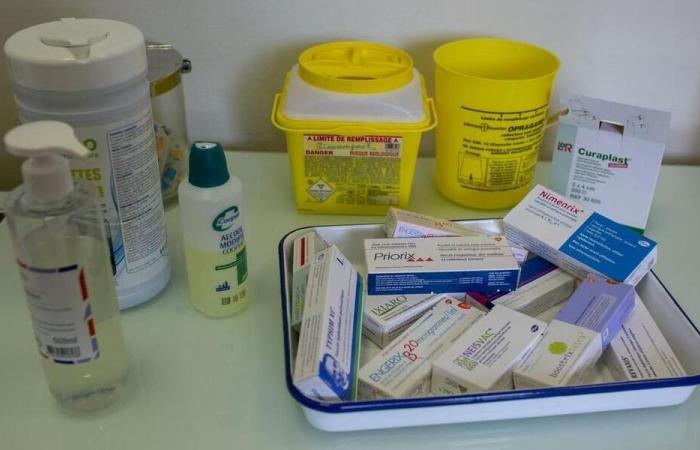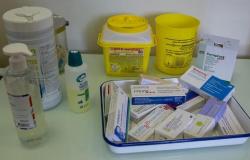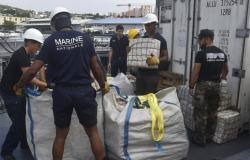
The Martinique Regional Health Agency announced on Saturday that it was managing a case of bacterial meningitis. The man, a paramedic, died Friday. As soon as the diagnosis was confirmed, the ARS took the necessary measures to prevent any risk of spread.
Read also: Invasive bacterial infections: “It’s not just meningitis”
Namely: an epidemiological investigation by “contact tracing” to identify all people who have been in contact with the patient in the ten days preceding the appearance of symptoms and assess their exposure, requiring a medical consultation; contact, inform and raise awareness among healthcare professionals and establishments concerned so that they take the necessary measures; finally, ensure medical monitoring of contact cases in order to quickly detect any symptoms and prescribe preventive antibiotic treatment.
“Low contagiousness”
-The symptoms of bacterial meningitis are known: high fever, headache, nausea and vomiting as well as a stiff neck. Transmission is airborne, through secretions when coughing. “When a case of invasive meningococcal infection (IIM) occurs, there is a risk of transmission for people who have been directly and prolonged exposed to the nasopharyngeal secretions of the sick person within ten days preceding the occurrence of the IIM (maximum duration of the incubation period), explains the ARS in its press release. Contagiousness is low and mainly concerns people who have had close contact, in family and in the community. »
Health





